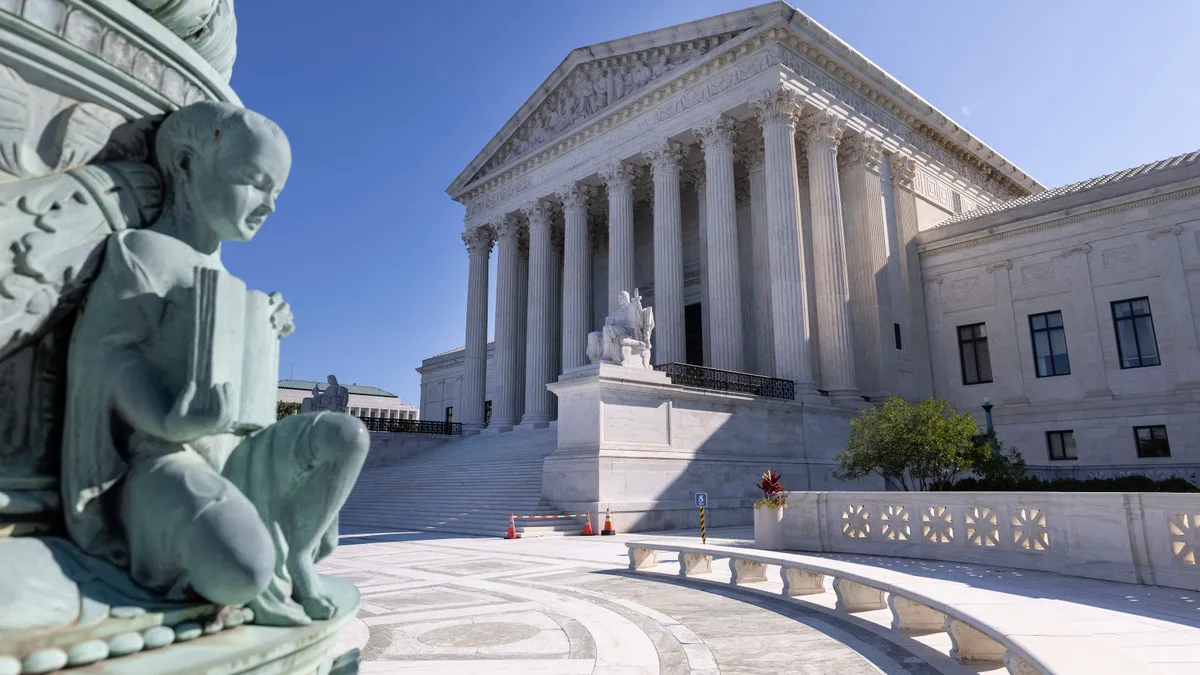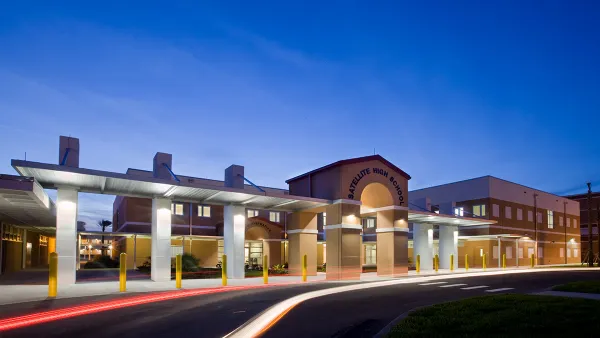Dive Brief:
-
Can schools' reimbursement requests under the Federal Communications Commission's E-rate program be subject to the False Claims Act? The U.S. Supreme Court will decide in its October 2024 term when it takes up a 2008 case filed on behalf of the United States against Wisconsin Bell, a telecommunications company owned by AT&T.
-
FCC whistleblower Todd Heath claimed Wisconsin Bell charged schools and libraries more than allowed under the program, which provides discounted telecommunications services for schools and libraries. As a result, Heath claimed, the federal government had to pay more than it should have.
-
The case hinges, however, on the definition of “claims” under the False Claims Act, a whistleblower law that allows private citizens to sue companies they allege are defrauding the government. It will decide whether the E-rate fund reimbursement requests can be considered “claims.”
Dive Insight:
The case, Wisconsin Bell Inc. v United States ex rel. Heath, comes out of the U.S. 7th Circuit Court of Appeals, which decided that reimbursement requests under E-rate are “claims” under the False Claims Act even though the program is funded by contributions from private companies like Wisconsin Bell.
That decision split from the 5th Circuit, which decided in a 2014 case, U.S. ex rel. Shupe v. Cisco Sys. Inc., that the FCA does not apply to E-rate reimbursement requests.
According to court papers in the case, the E-rate program disperses up to nearly $4.5 billion in funds each year. However, Wisconsin Bell claims that “it is private telecommunications carriers — not the federal government — that supply the money used in the E-rate program.”
Decisions out of the 2nd, 3rd and 8th Circuit Court of Appeals complicate that assertion. Those decisions say a potential financial loss to the government is an essential prerequisite for the False Claims Act.
Last year, E-rate allowed more than 1,600 telecommunications service providers to perform $2.46 billion in reimbursable work for 132,000 schools and libraries enrolled in the program, per court papers.
The program became especially crucial during pandemic school shutdowns and expanded in their wake, when the program helped support internet services so students could continue school work even outside of school buildings. It covered costs related to laptops, tablets, hotspots, and other technology needed for remote instruction.
In October 2023, the FCC expanded E-rate to cover internet services in school buses. Shortly after, it proposed adding hotspots to the list of products and services covered by the program.
The Supreme Court is scheduled to hear the case as part of its October 2024 term. It’s one of the first cases taken up by the Supreme Court next term that could have an impact on school operations, and follows a string of decisions from the court related to education in recent years.
Justices have also declined to hear several education-related cases in recent terms, including one last week involving the use of a taser on a student with an intellectual disability.”







 Dive Awards
Dive Awards







